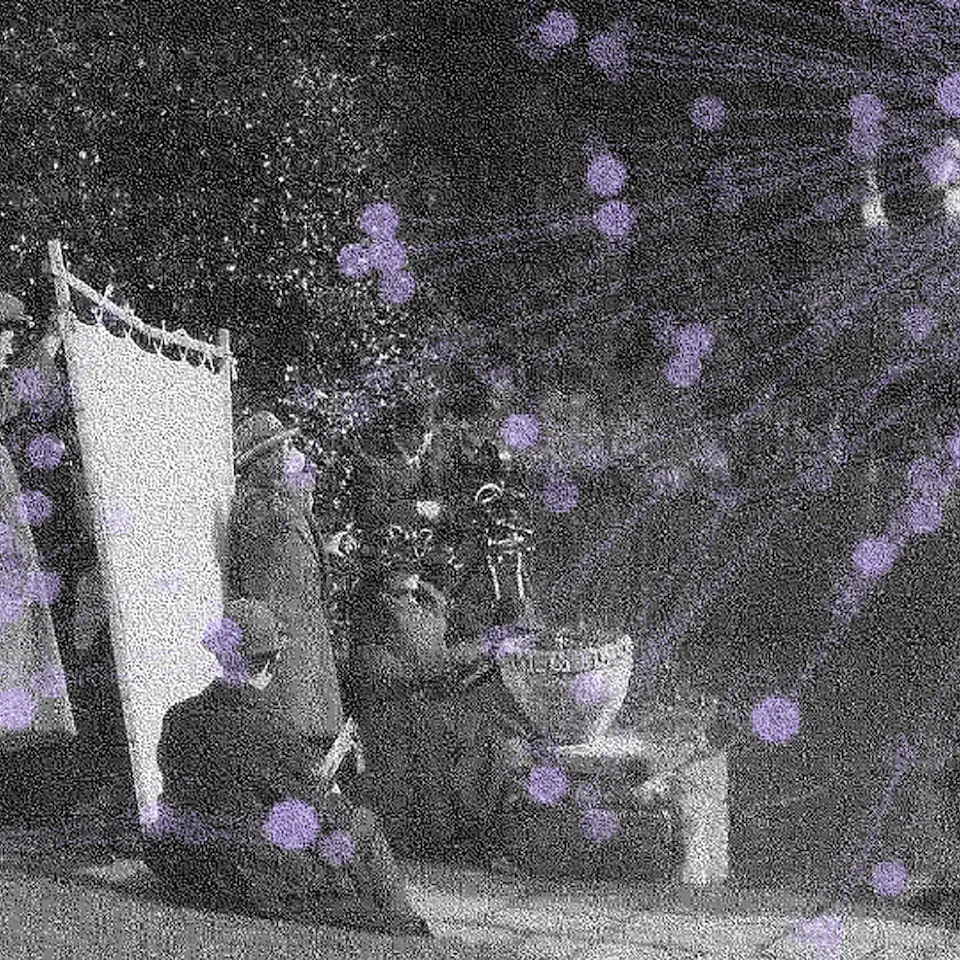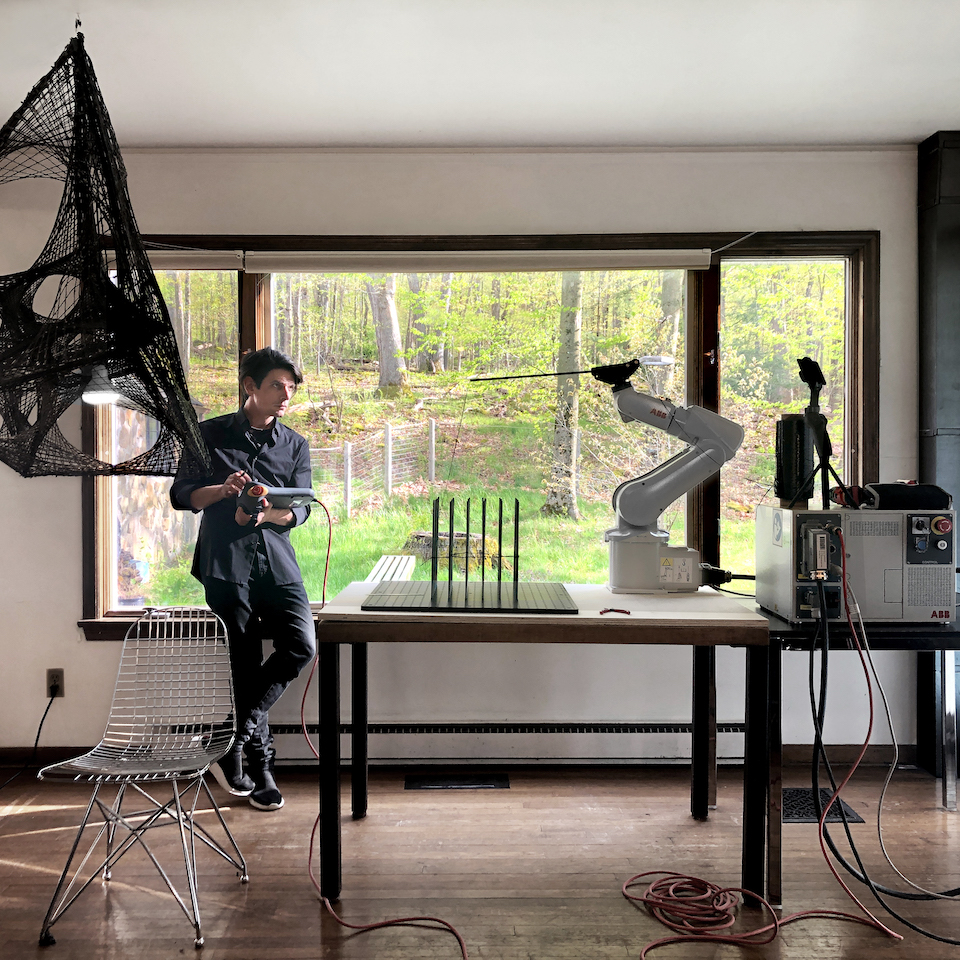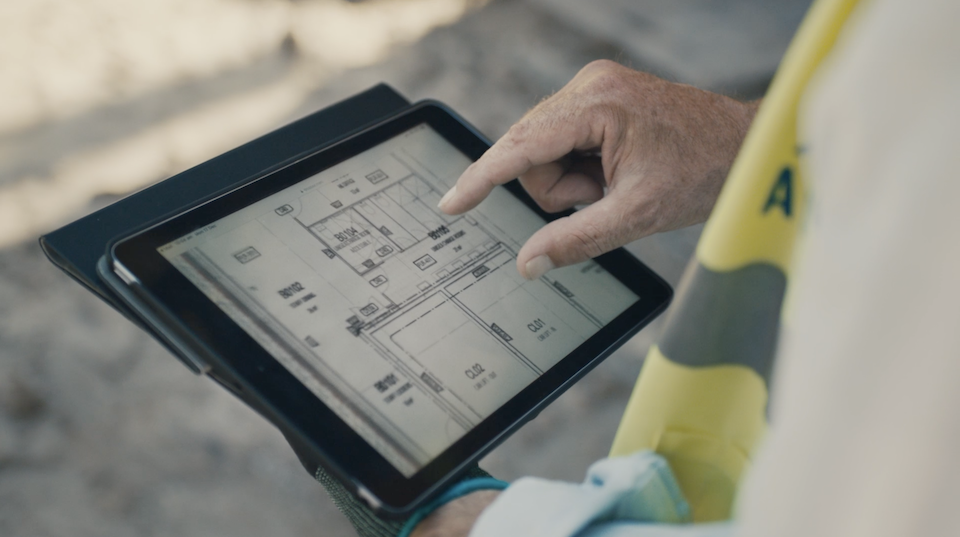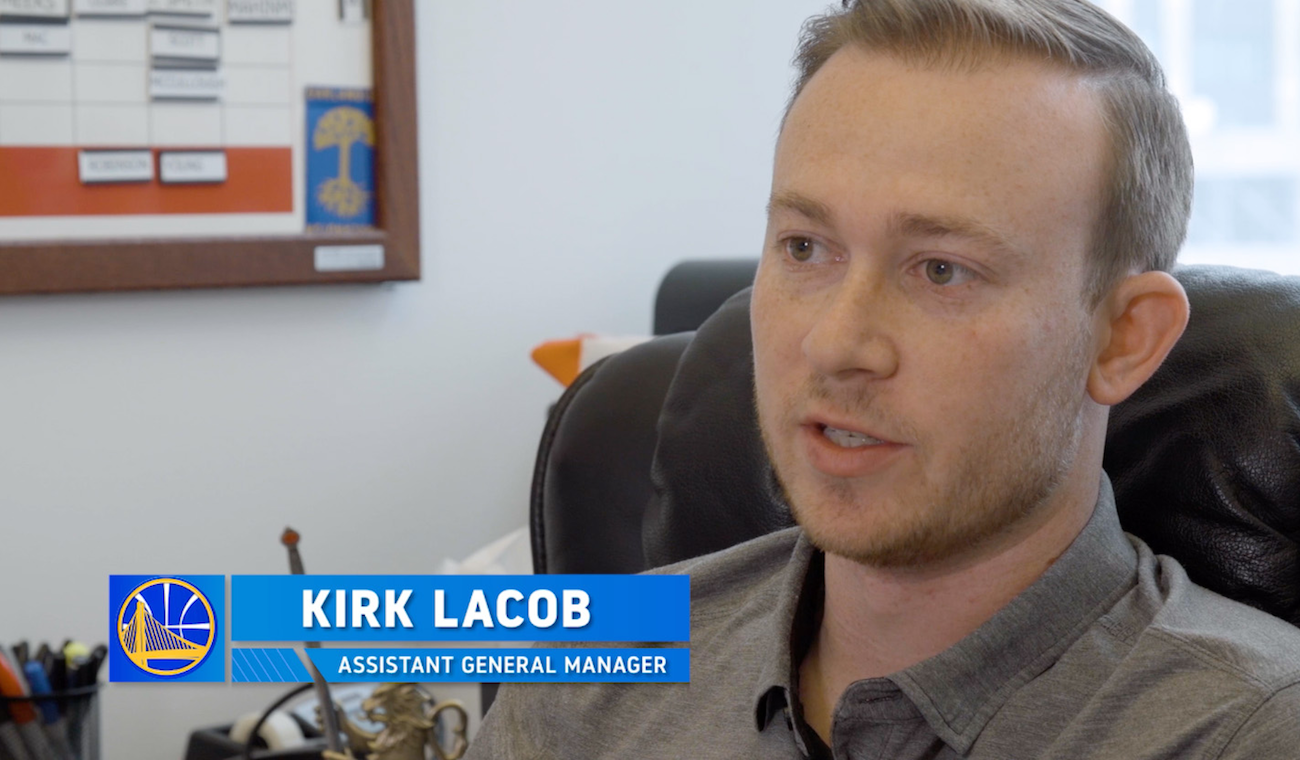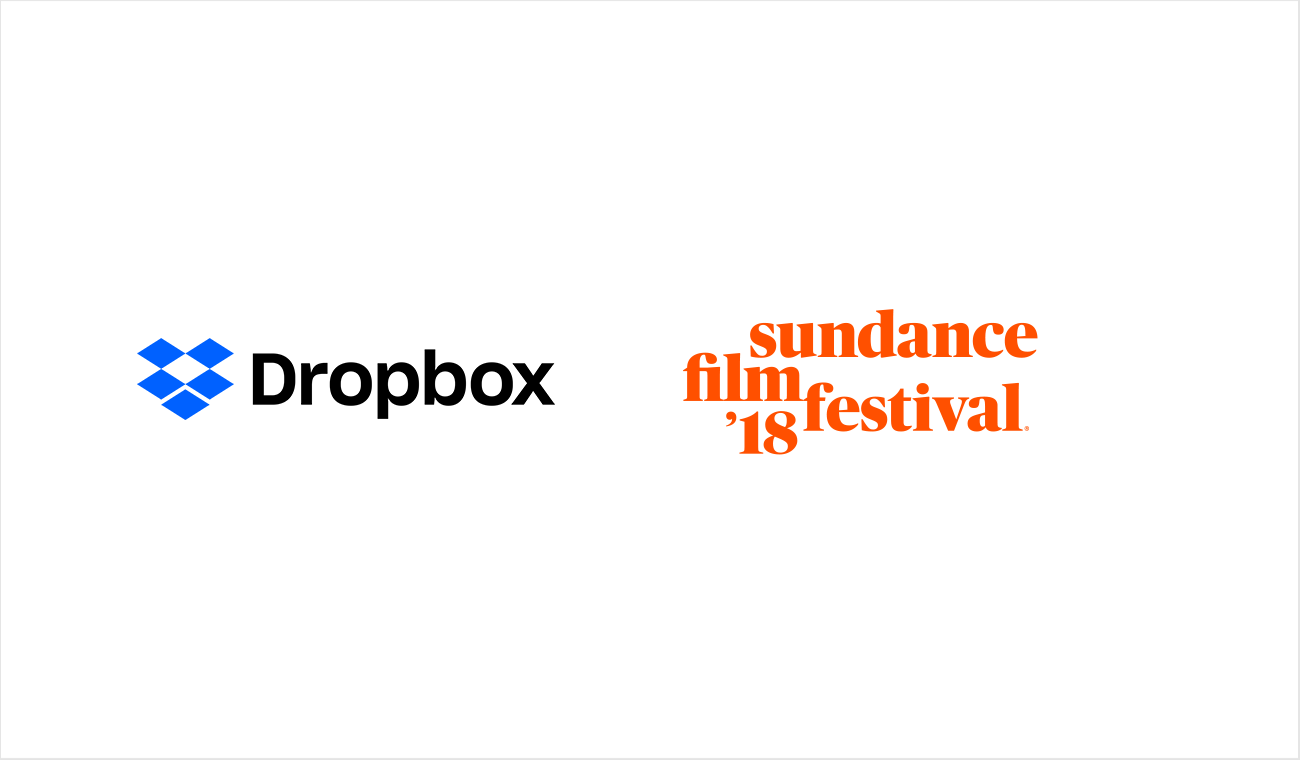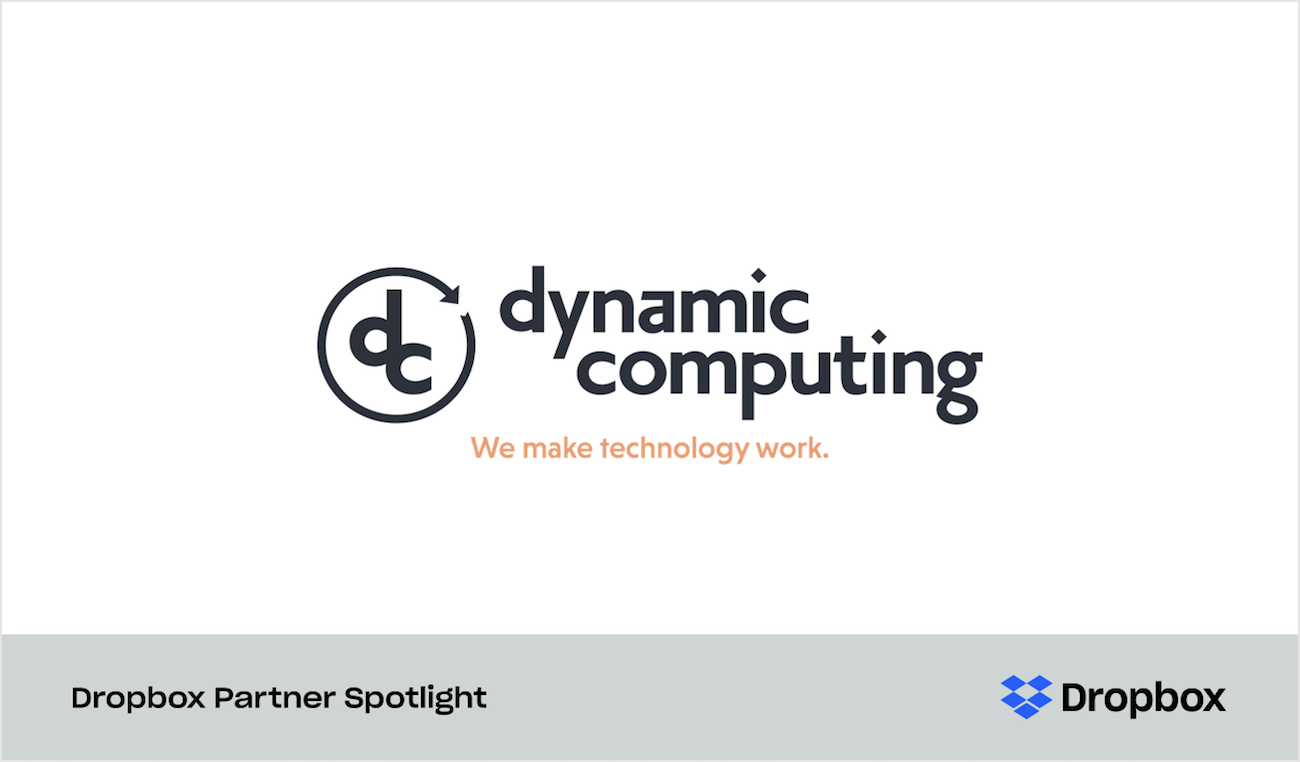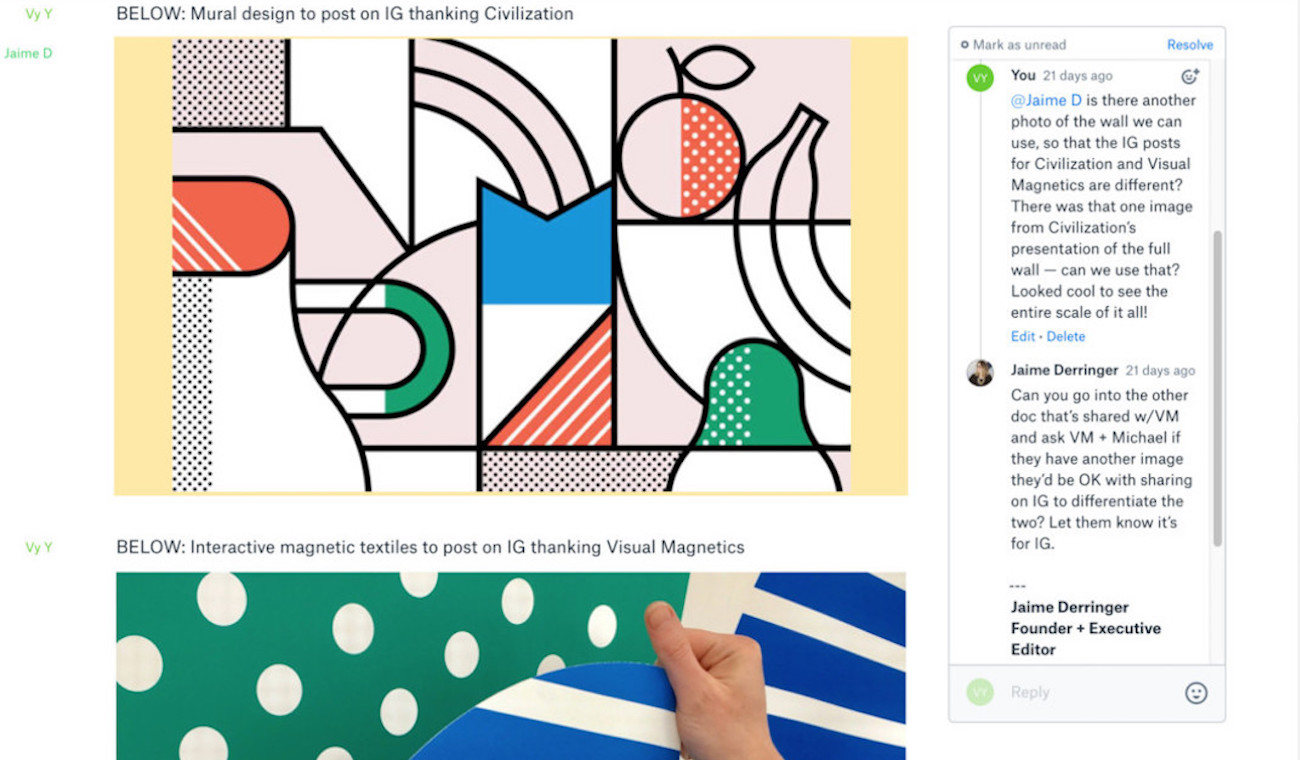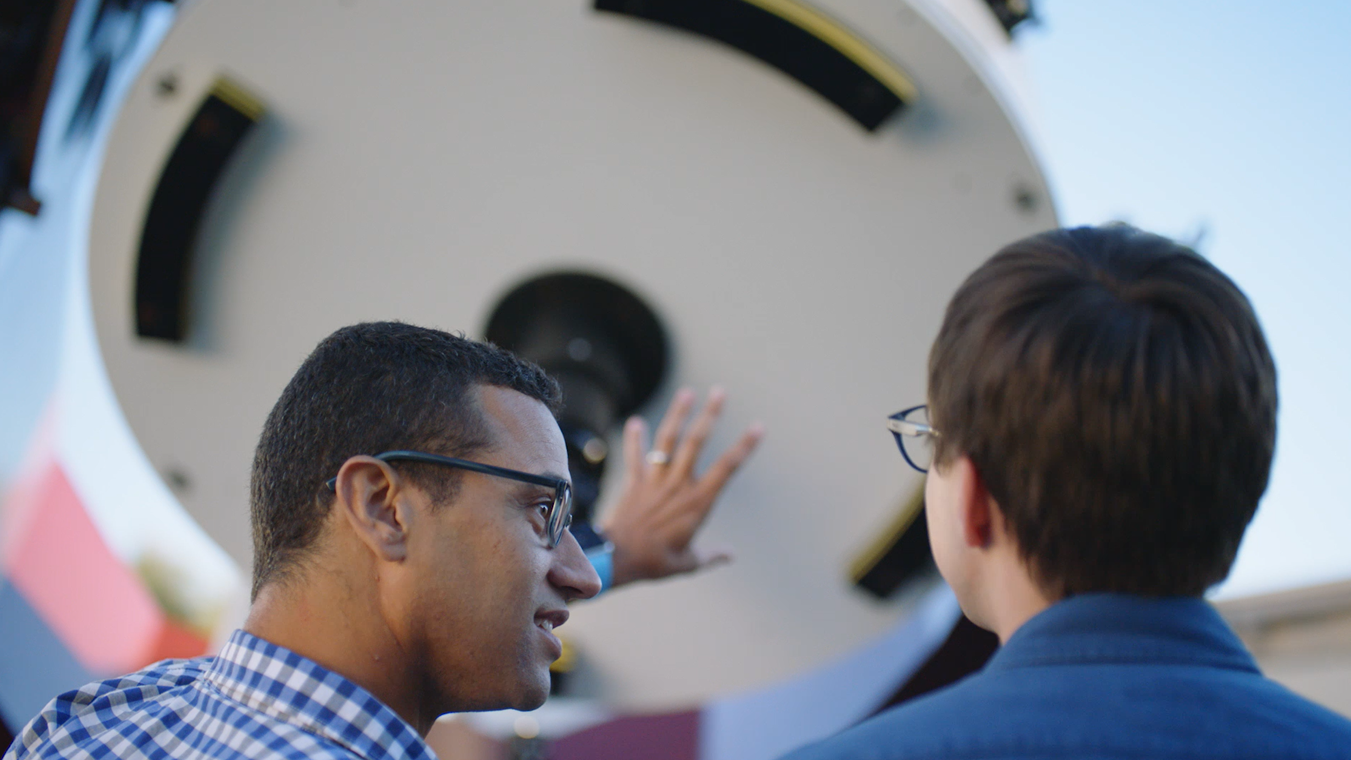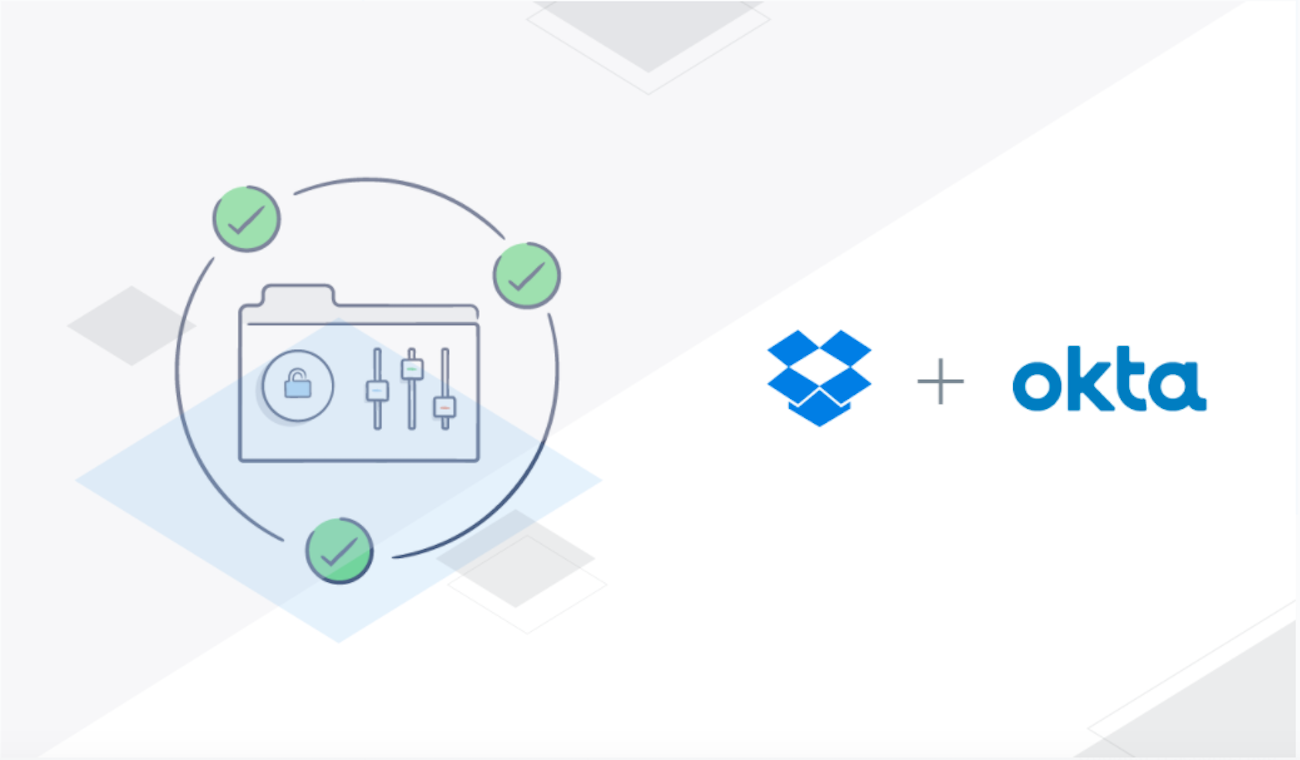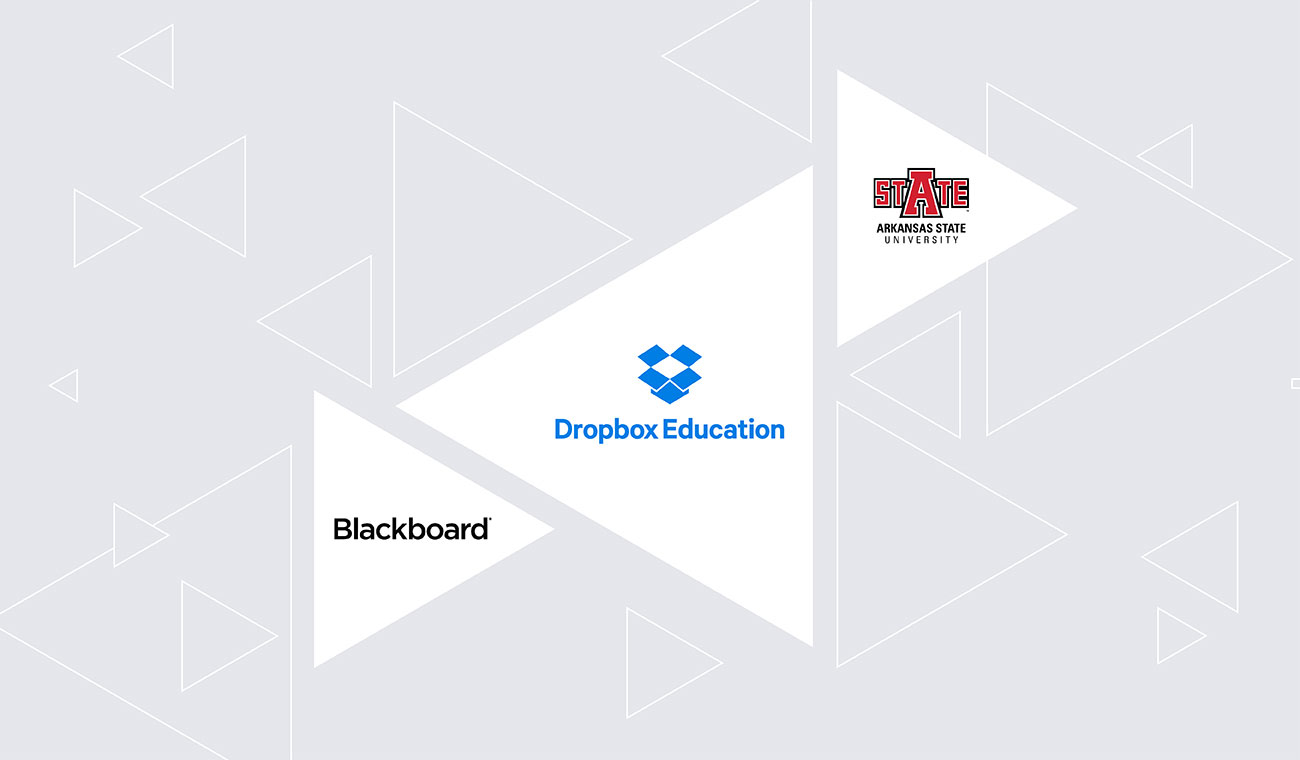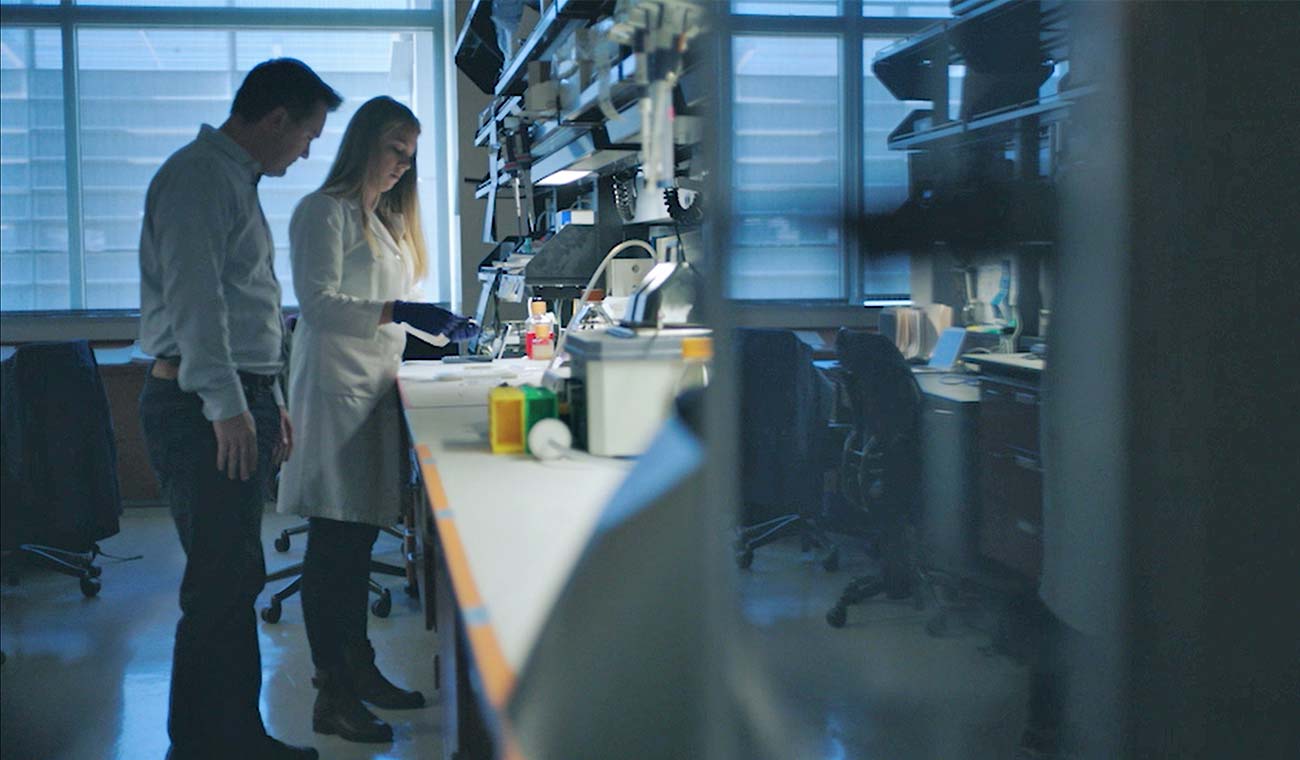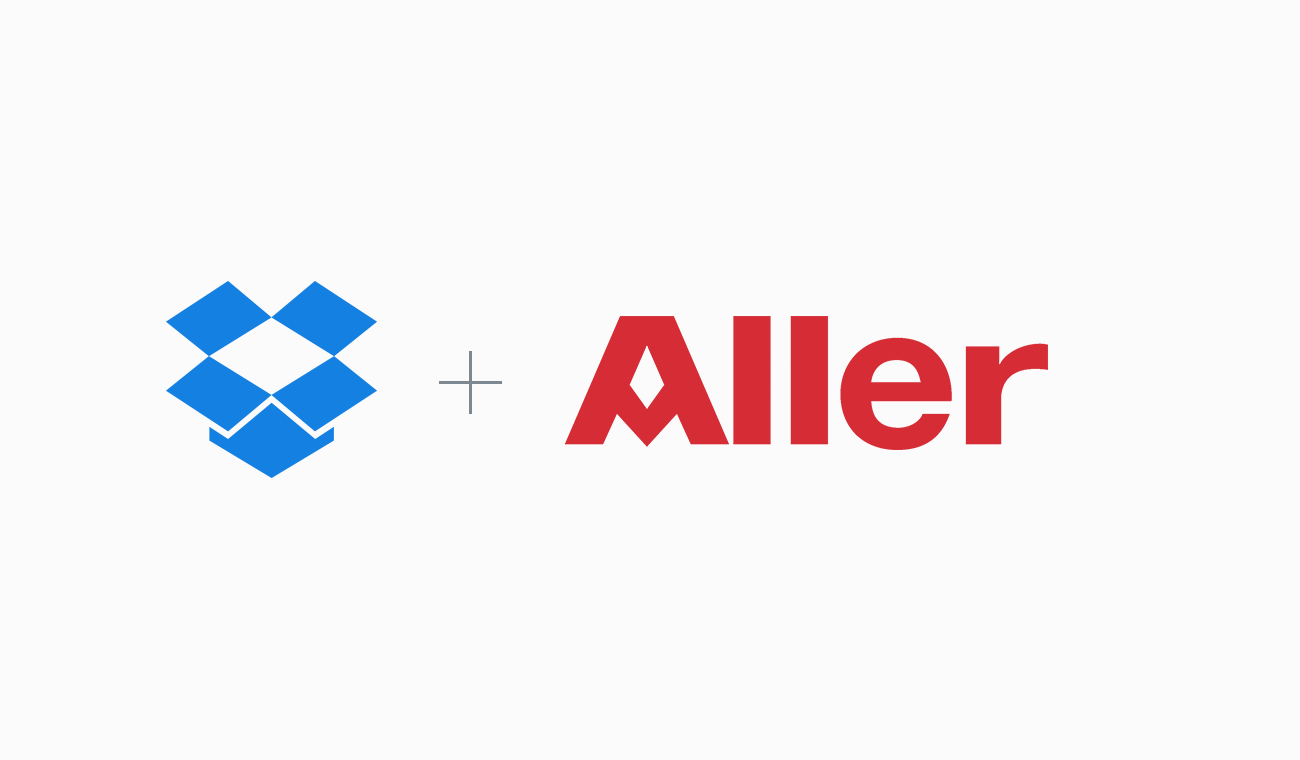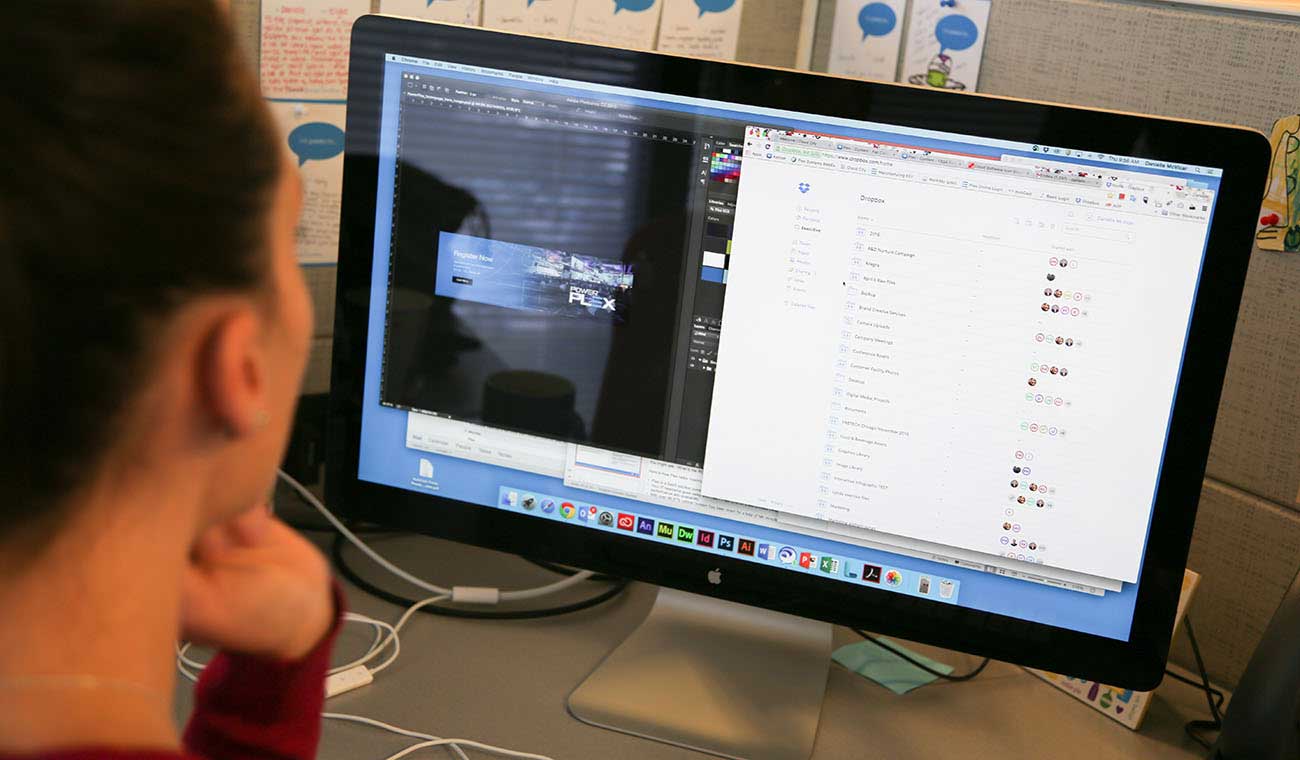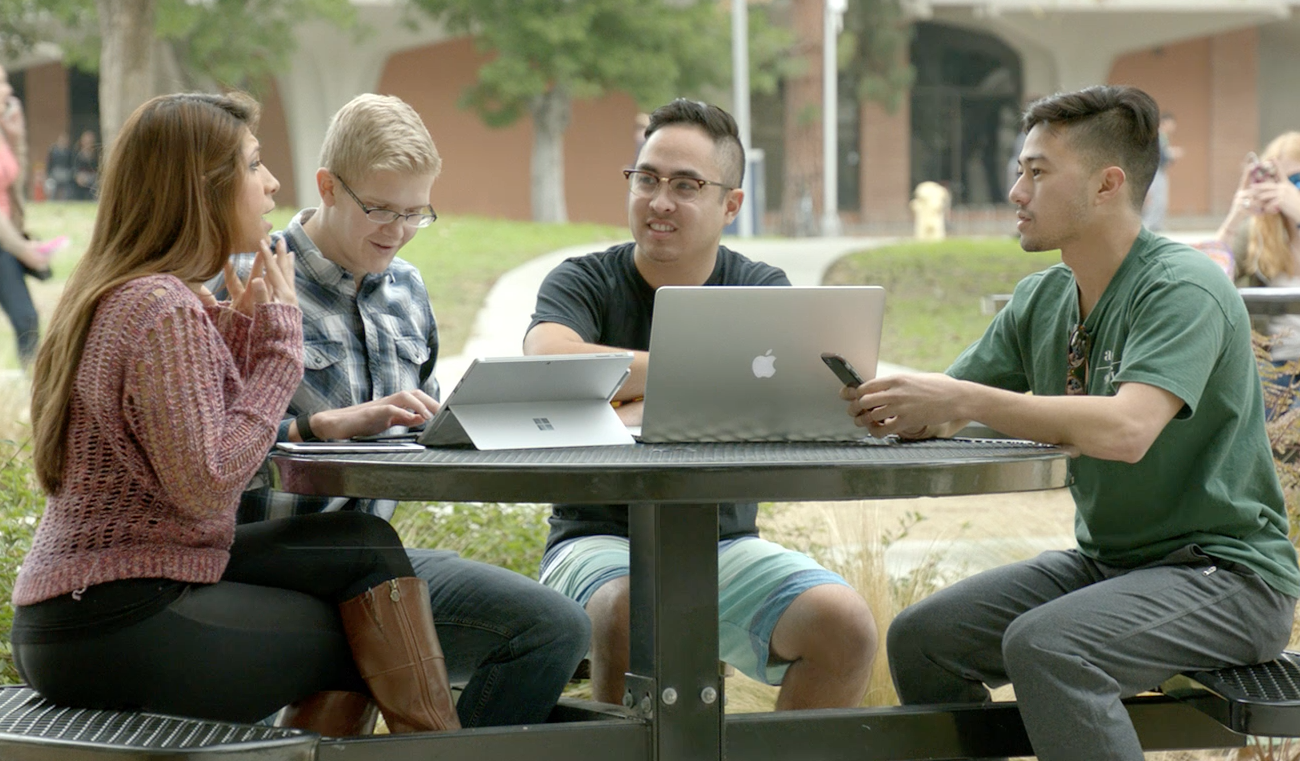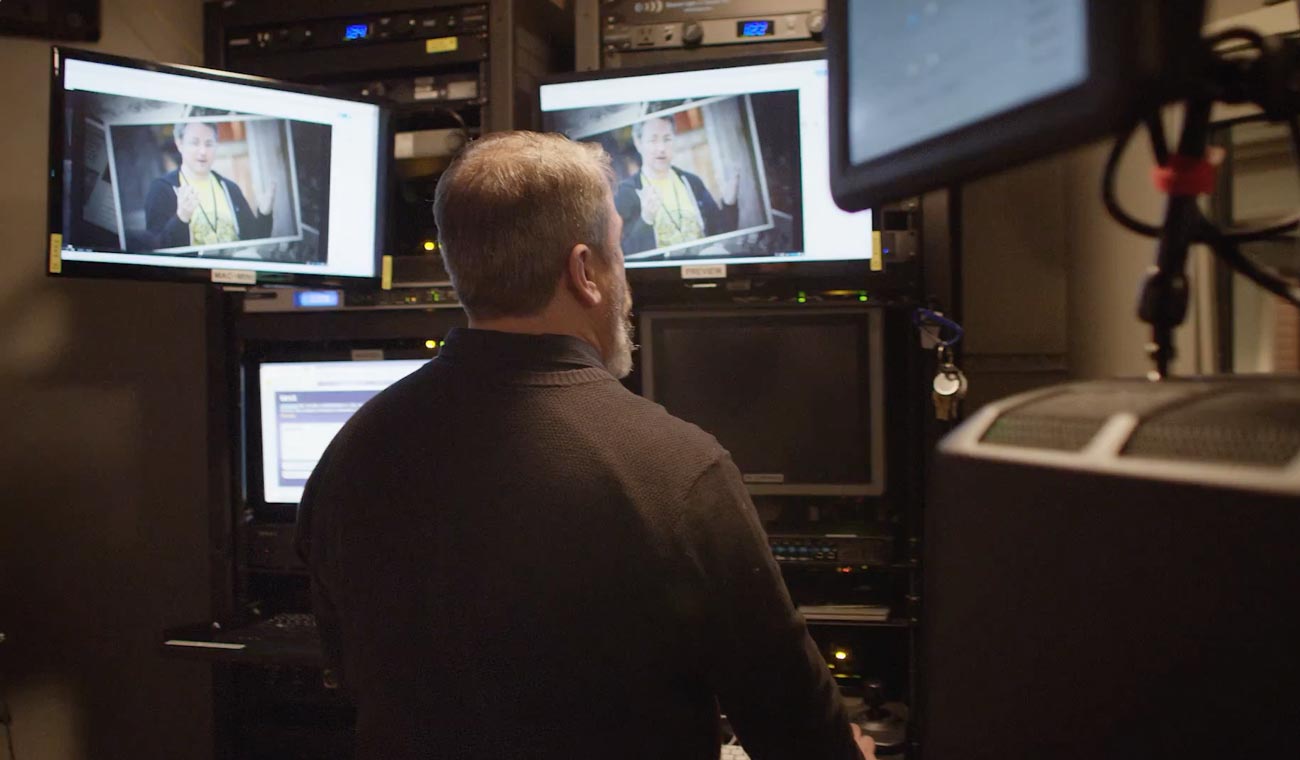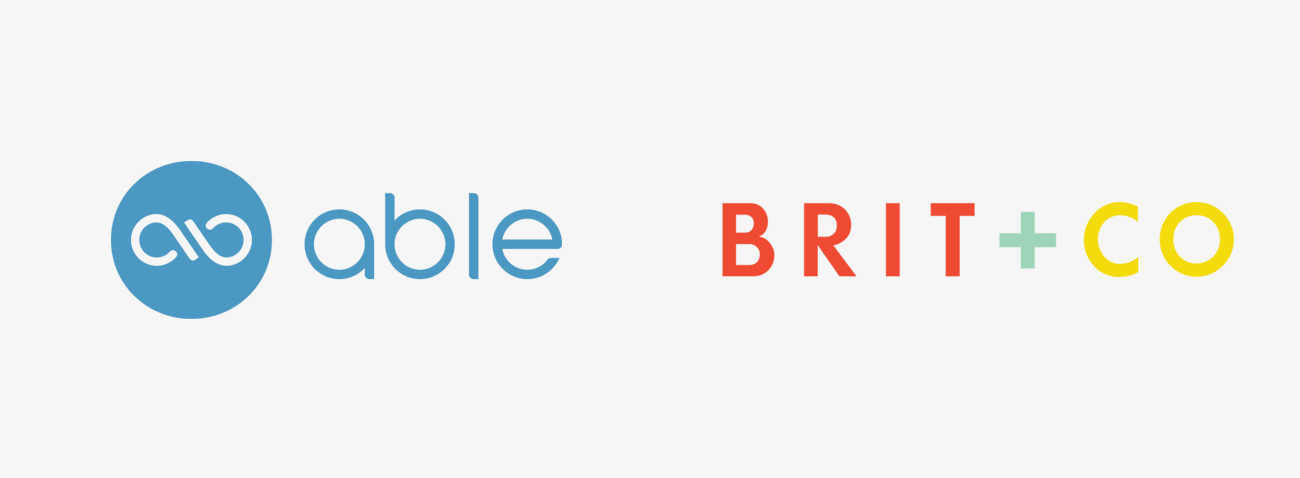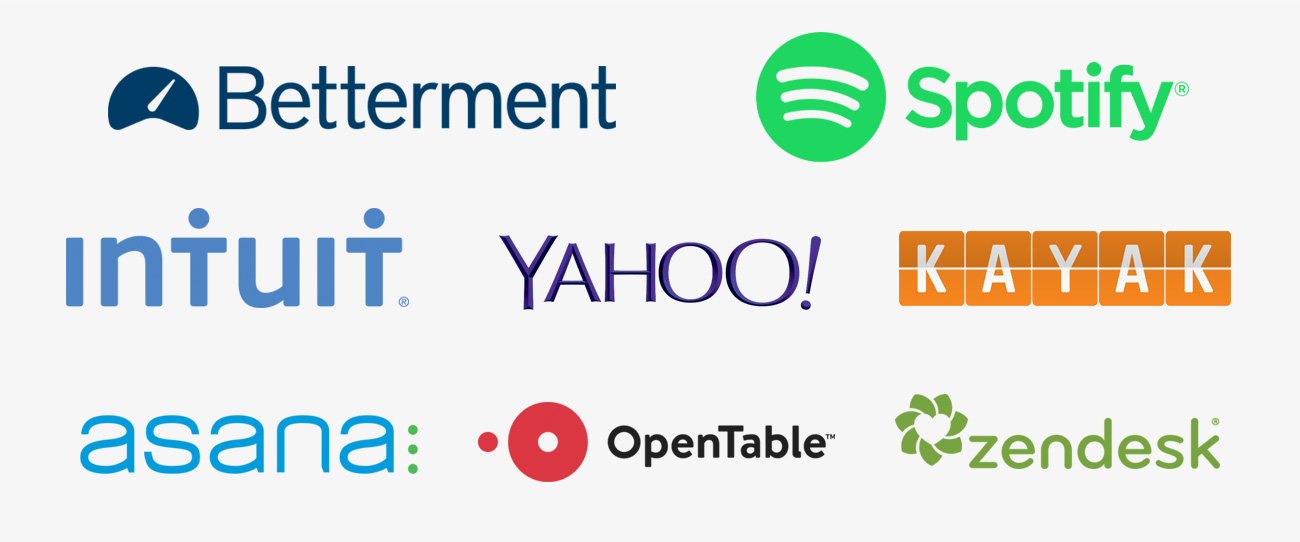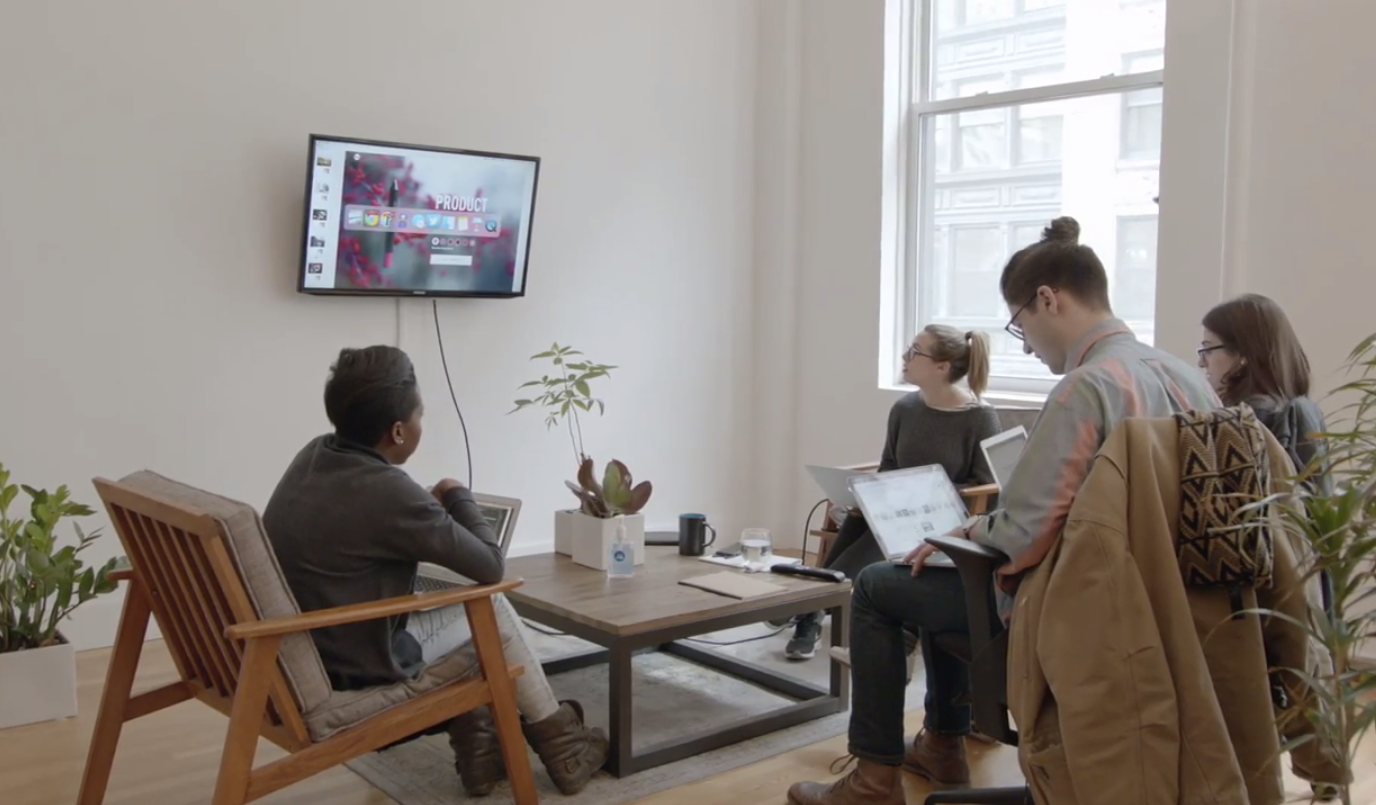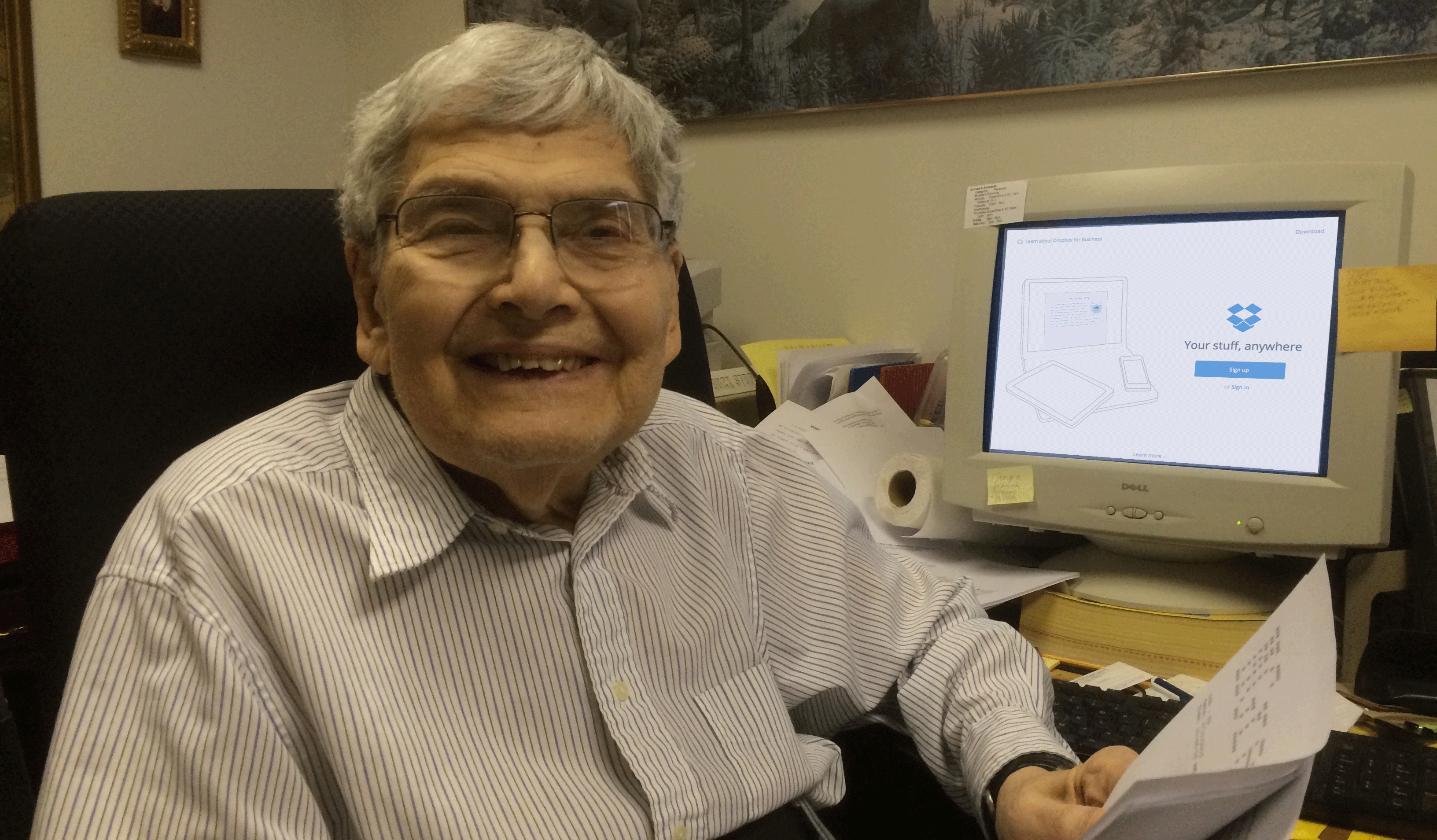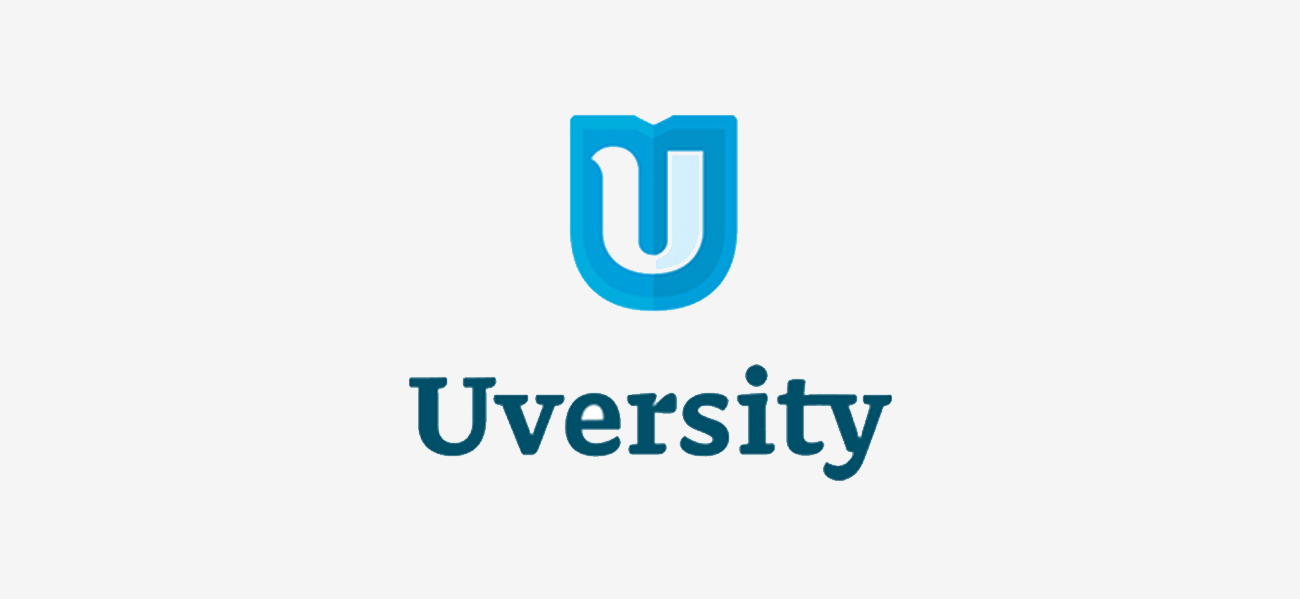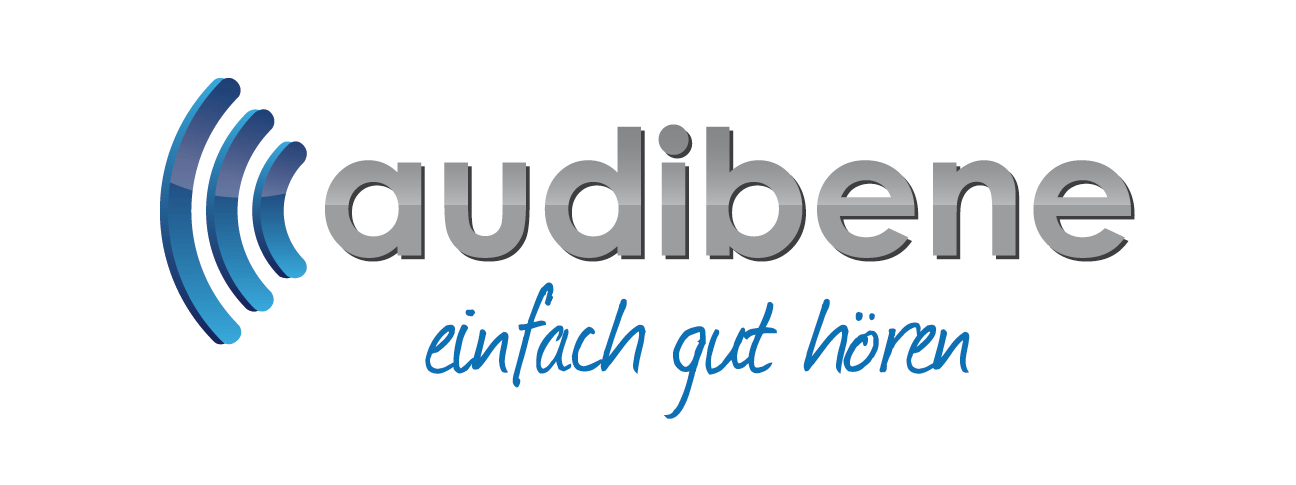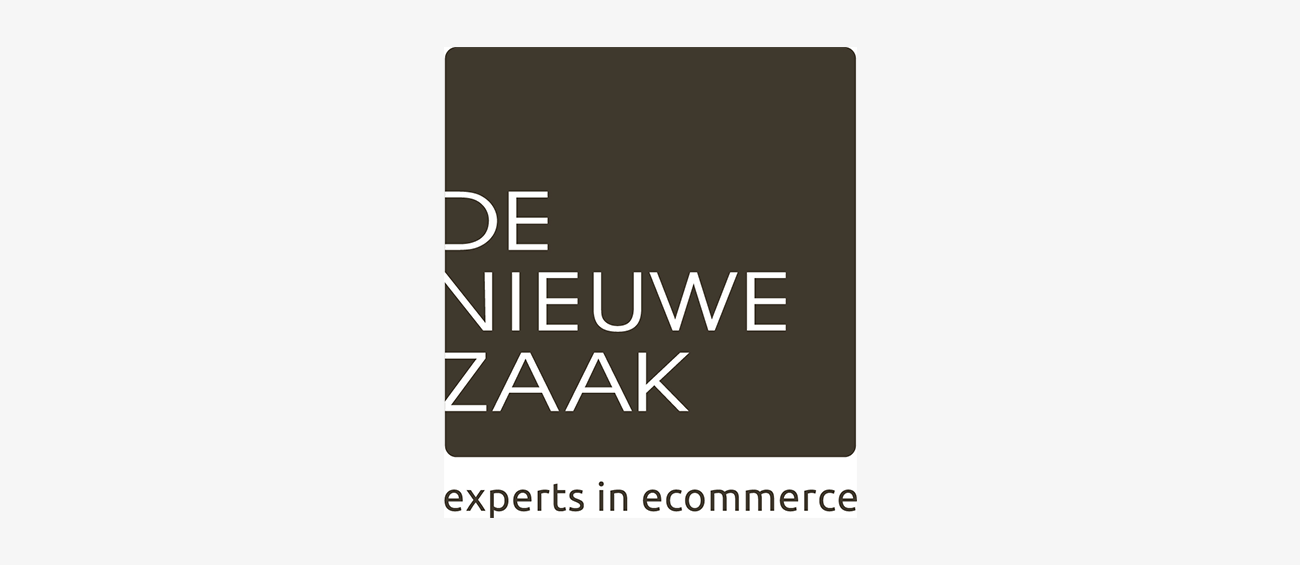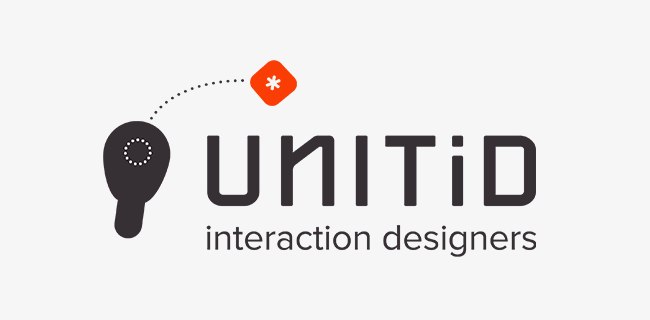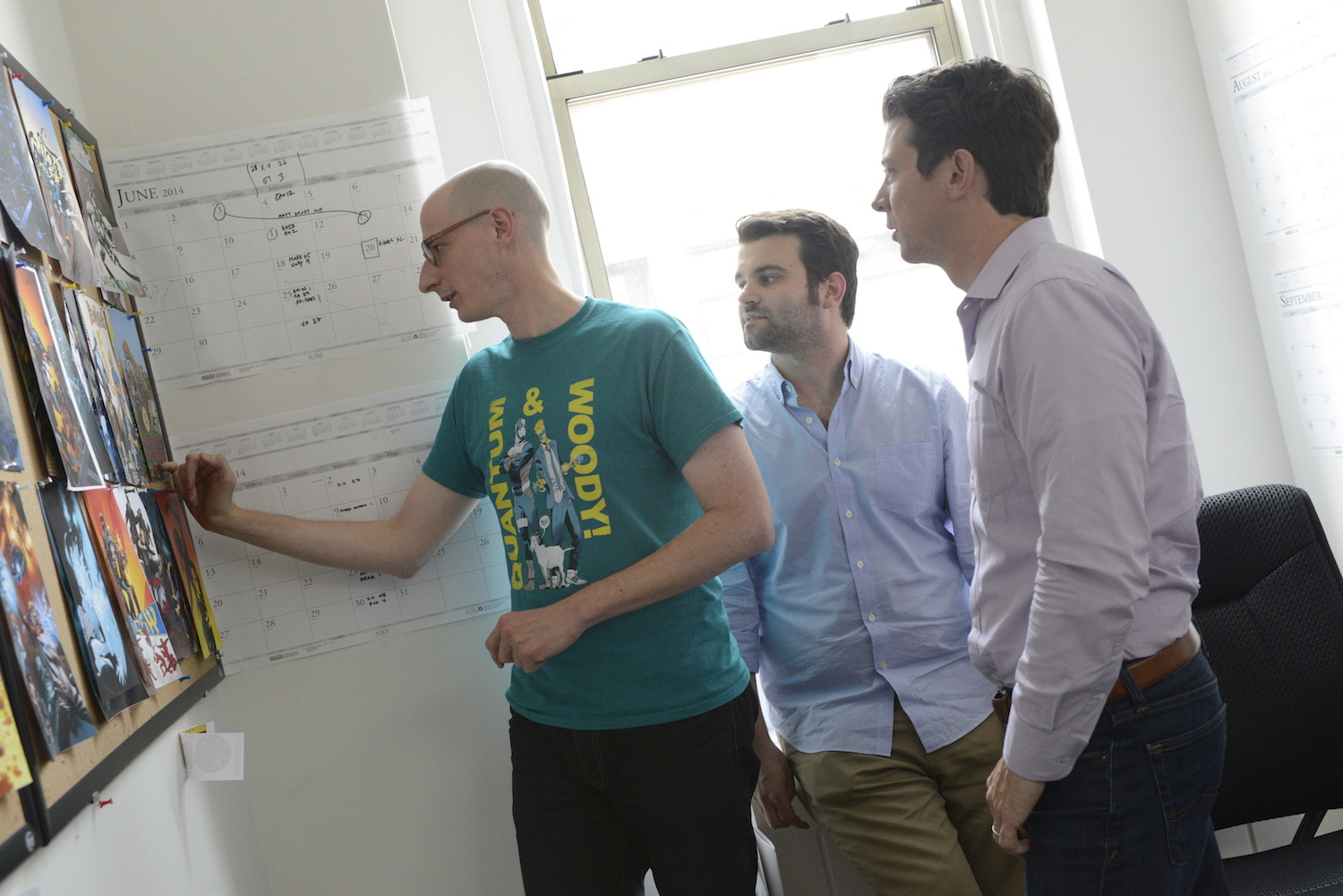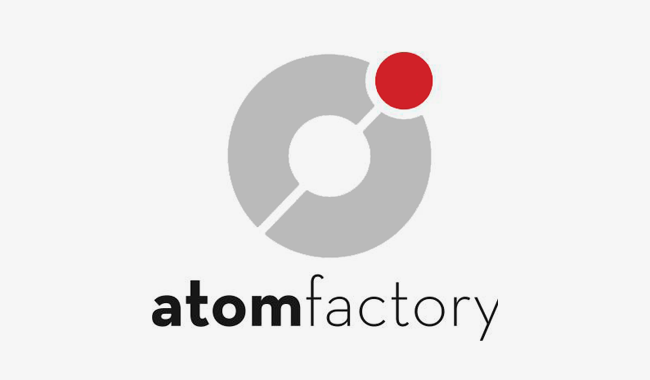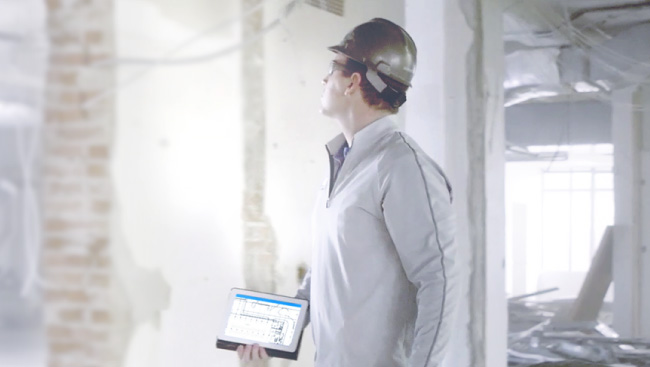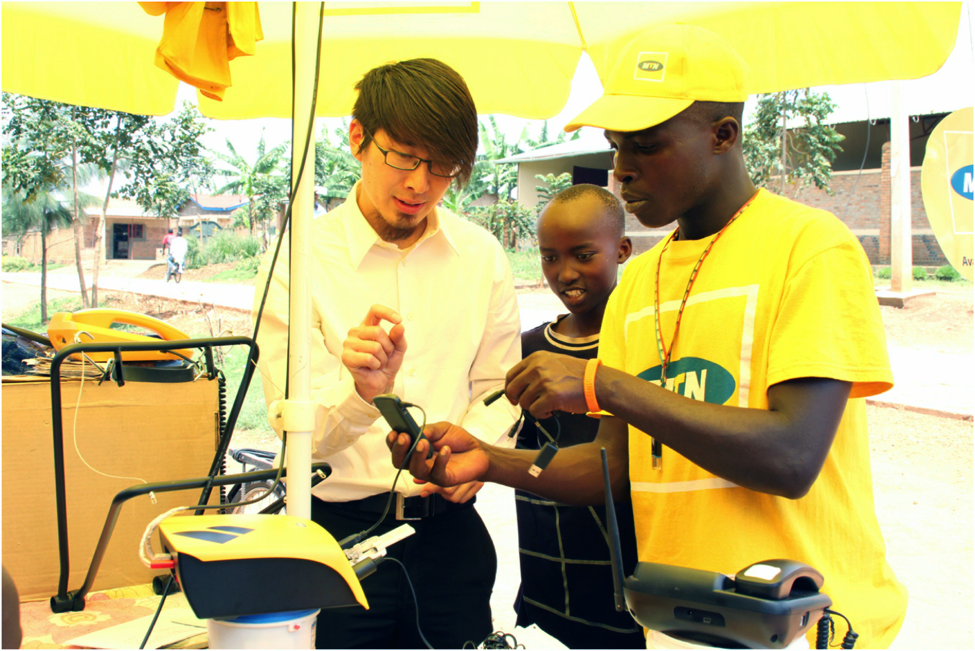
How collaborating in Dropbox helps NICO advance scientific research
Published on June 04, 2018
For more than a decade, the Northwestern Institute on Complex Systems (NICO) has been a hub of cutting-edge research. Based out of Northwestern University, NICO is a world-recognized leader in research related to the structure, dynamics, evolution, and control of complex networks.
NICO’s research is multi-disciplinary and aimed at uncovering the fundamental principles that govern networks and complex systems. Ultimately, the Institute’s goal is to apply this research in science, technology, and human behavior to solve pressing societal issues.
Fueling research with collaboration
Since 2004, NICO has established itself as a leading researcher of complex networks. NICO was founded on the belief that strong collaboration fuels research. It was born out of a joint partnership between Northwestern’s Schools of Engineering and Management, requiring tight coordination across different parts of the University.
The Institute discovered it needed a tool that could effectively bridge silos and meet the pressing demands of a team that appreciates the value of a powerful collaboration network.

“Over time, what’s become more powerful is the network effect this has created, which makes Dropbox the fastest and most straightforward way of collaborating in the research community.”—Dr. Brian Uzzi, Co-Director, Northwestern Institute on Complex Systems (NICO)
Creating a network effect
Dropbox has over 500 million users worldwide, with a strong footprint within the research community. As researchers who specialize in networks, the team at NICO gravitated towards Dropbox.
“We noticed that many researchers fell in love with using Dropbox because of its sync performance,” says Professor Brian Uzzi. “But over time, what’s become more powerful is the network effect this has created, which makes Dropbox the fastest and most straightforward way of collaborating in the research community. Above all else, Dropbox’s best feature for teams like ours is that other researchers use the tool, and love doing so.”
Managing reference materials
Dropbox makes it easy to work with all the file types researchers require, giving it a central role in every step of NICO’s research process. In early stages, lab members work heavily with CSV and MySQL files that store raw data.
As research progresses, Word documents and PDFs are common to organize the analysis around that data. And throughout all the stages, BibTex and XML files are used to manage reference material and facilitate sharing of NICO’s research.
"Every research team needs a place to organize its work and collaborate on files. Dropbox’s combination of powerful sync performance, ease of use and extensive collaboration network make it the clear choice to meet this need.”
Keeping research safe
For a research institute like NICO, it’s critical that their valuable work not be shared externally before publication. That’s why security features, and the ability to recover lost data are top priorities.
Professor Uzzi once had 41,000 files deleted inadvertently but had them restored within hours by the Dropbox support team, just in time for lecture on Monday. Dropbox features multiple layers of protection, including secure data transfer, encryption, two-step verification, and granular sharing restrictions and permissions. These features ensure that files—often containing sensitive and confidential data—stay in the right hands.
To learn more about the way technology is changing collaboration and how companies can be prepared, tune in to our upcoming webinar led by Brian Uzzi and Dropbox Customer Insights Manager Rebecca Hinds.
















